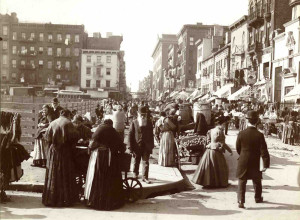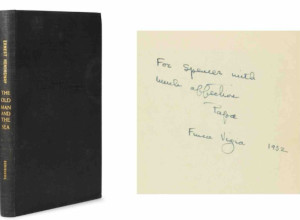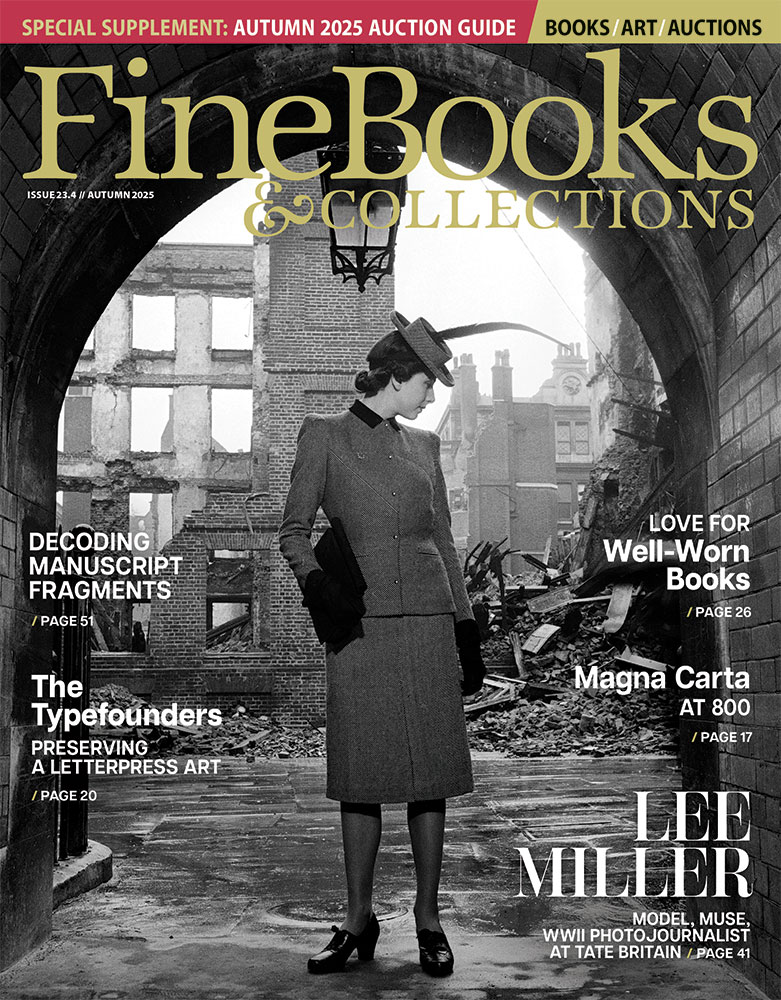TLS Books of the Year
The Times Literary Supplement, published monthly in the UK, comes out in late November with its Books of the Year edition. I don't subscribe to the publication because I enjoy eating so much and the U.S. subscription price of $189 would mean several meals per year would probably have to be exchanged for some form of protein originally intended for cats.
But a friend of mine was kind enough to share his copy with me. (Thank you, Gary!)
In it, 57 authors of world-renown are asked to write about some of their favorite reading experiences of the preceding year. Among the 57 writers this year were Julian Barnes, A.S. Byatt, Margaret Drabble, Nadine Gordimer, Seamus Heaney, etc. Opening this annual issue is akin to a circus car arriving in your mailbox that opens up and, instead of clowns, deposits some of the greatest writers into your living room all in a tumble where they proceed to hold a grand salon.
A consistent theme runs through many of the entries: everyone seems a bit pea-green with envy over Hilary Mantel's Wolf Hall. They complain about its intelligence, the hype, about the Man Booker Prize - but everyone eventually manages to get over themselves and it seems to have been cited most often by this august group of 57, who have the good manners to refrain from wishing they'd written it themselves.
Another favorite seems to be The Letters of Samuel Beckett, 1929-1940. (There are three more volumes to come.)
Julian Barnes devotes his two paragraphs to a gracious salute to John Updike, who died in 2009. Barnes feels that Updike's final works, My Father's Tears and Endpoint were grotesquely misunderstood. "Death afforded him no courtesy, and the stories received several reviews of impudent stupidity." He reminds us all of Updike's Herculean contribution to letters by noting that Everyman has published Updike's final reworking of the Rabbit quartet as Rabbit Angstrom and calls it "the greatest American novel of the second half of the twentieth century.
Reading the TLS Books of the Year edition is not for the faint of heart, because whatever books you've read this year suddenly seem like Miss Piggly Wiggly.
Marjorie Perloff would like you to try out a 700-page bilingual edition of The Poetry of Rilke, translated by Edward Snow. David Wooten urges you to pick up the 13 lb. (yes, 13 lb.) The Historical Thesaurus of the Oxford English Dictionary. Also be prepared to thank Michael Hofman for suggesting a novel from 1970 (Metropole), which has just been translated into English from the Finnish.
The TLS year-end summary may be the most satisfying and the most challenging of the "Best Books of the Year" genre. It will inspire you to stretch your reading habits; to read harder. It's the literary equivalent of feeling compelled to go to the gym. I am perfectly willing to have these 57 writers serve as my personal coaches. I look so much better sitting on a sofa than I do on the treadmill.
But a friend of mine was kind enough to share his copy with me. (Thank you, Gary!)
In it, 57 authors of world-renown are asked to write about some of their favorite reading experiences of the preceding year. Among the 57 writers this year were Julian Barnes, A.S. Byatt, Margaret Drabble, Nadine Gordimer, Seamus Heaney, etc. Opening this annual issue is akin to a circus car arriving in your mailbox that opens up and, instead of clowns, deposits some of the greatest writers into your living room all in a tumble where they proceed to hold a grand salon.
A consistent theme runs through many of the entries: everyone seems a bit pea-green with envy over Hilary Mantel's Wolf Hall. They complain about its intelligence, the hype, about the Man Booker Prize - but everyone eventually manages to get over themselves and it seems to have been cited most often by this august group of 57, who have the good manners to refrain from wishing they'd written it themselves.
Another favorite seems to be The Letters of Samuel Beckett, 1929-1940. (There are three more volumes to come.)
Julian Barnes devotes his two paragraphs to a gracious salute to John Updike, who died in 2009. Barnes feels that Updike's final works, My Father's Tears and Endpoint were grotesquely misunderstood. "Death afforded him no courtesy, and the stories received several reviews of impudent stupidity." He reminds us all of Updike's Herculean contribution to letters by noting that Everyman has published Updike's final reworking of the Rabbit quartet as Rabbit Angstrom and calls it "the greatest American novel of the second half of the twentieth century.
Reading the TLS Books of the Year edition is not for the faint of heart, because whatever books you've read this year suddenly seem like Miss Piggly Wiggly.
Marjorie Perloff would like you to try out a 700-page bilingual edition of The Poetry of Rilke, translated by Edward Snow. David Wooten urges you to pick up the 13 lb. (yes, 13 lb.) The Historical Thesaurus of the Oxford English Dictionary. Also be prepared to thank Michael Hofman for suggesting a novel from 1970 (Metropole), which has just been translated into English from the Finnish.
The TLS year-end summary may be the most satisfying and the most challenging of the "Best Books of the Year" genre. It will inspire you to stretch your reading habits; to read harder. It's the literary equivalent of feeling compelled to go to the gym. I am perfectly willing to have these 57 writers serve as my personal coaches. I look so much better sitting on a sofa than I do on the treadmill.















